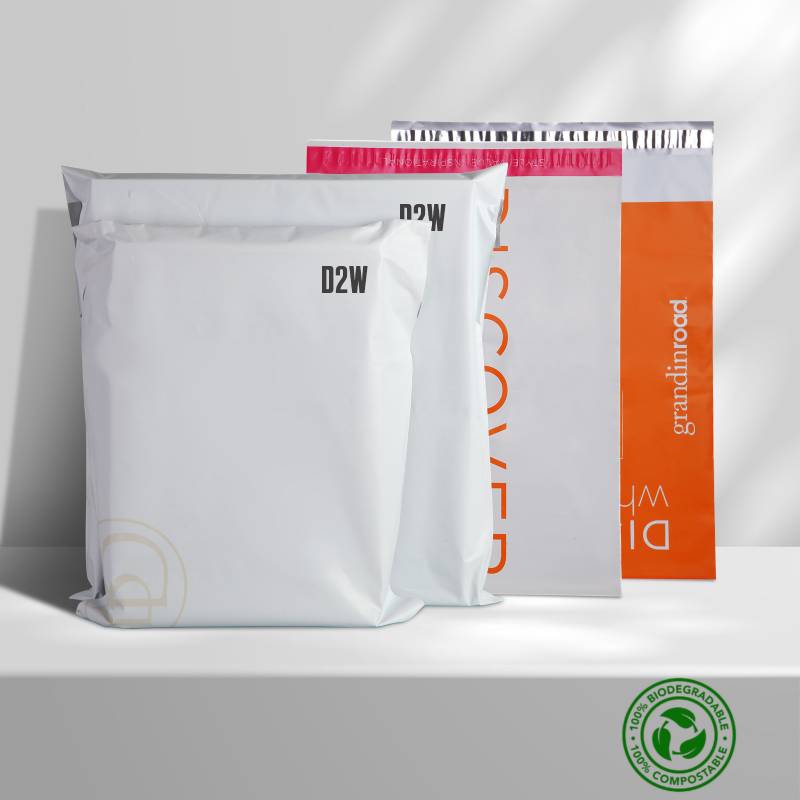Understanding the Different Types of Trash Bag Materials and Their Uses
The Evolution of Trash Bag Materials From Necessity to Sustainability
Trash bags are a ubiquitous part of modern life, serving a vital function in waste management and sanitation. However, the materials used to manufacture these seemingly simple items have evolved over the years due to technological advancements, environmental concerns, and changing consumer preferences. This article explores the various materials used in trash bag production, their environmental impacts, and the shift towards more sustainable options.
Traditional Materials Plastic Dominance
For decades, standard trash bags were predominantly made from low-density polyethylene (LDPE) and high-density polyethylene (HDPE), both of which are types of plastic derived from petrochemicals. LDPE is known for its flexibility and low cost, making it a popular choice for household garbage bags. HDPE, on the other hand, is tougher and often used for heavier loads, such as construction debris.
While these plastic bags are highly functional—providing leak resistance and durability—they pose significant environmental challenges. Plastic bags take hundreds of years to decompose in landfills, contributing to the growing issue of plastic pollution. Additionally, they often find their way into oceans and waterways, harming wildlife and disrupting ecosystems.
Biodegradable Options A Step Towards Sustainability
In response to increasing environmental awareness, manufacturers have begun to explore biodegradable alternatives to traditional plastic trash bags. These bags are typically made from materials such as cornstarch, which can break down more quickly than conventional plastics when exposed to the right conditions. Brands like BioBag and Green Earth highlight the use of bioplastics that are designed to decompose within months, thus significantly reducing their environmental footprint.
However, it's important to note that the term biodegradable can be misleading. Some biodegradable products require specific industrial composting facilities to break down effectively, which are not universally accessible. As such, many consumers may inadvertently dispose of these bags in regular landfills, where they may still take many years to decompose.
Compostable Trash Bags The Ideal Solution?
trash bag material

Compostable trash bags are another innovative option that has emerged in the eco-friendly sector. Made from renewable resources such as plant starches and vegetable oils, these bags are designed to break down into organic matter under proper composting conditions. The key characteristic of compostable bags is that they must meet specific standards established by organizations like ASTM International, ensuring they decompose into non-toxic compost within a designated time frame.
Using compostable trash bags can be an excellent way for consumers to reduce their environmental impact, especially in households that practice composting. However, like biodegradable bags, they require proper disposal methods to achieve their potential eco-friendly advantages.
The Shift to Reusable and Recyclable Solutions
In recent years, there has been a growing trend toward reusable alternatives that offer a more sustainable solution to waste management. Reusable trash liners made from durable, washable fabrics are gaining popularity among environmentally-conscious consumers. They not only eliminate the need for single-use plastic bags but also contribute to cost savings over time.
Moreover, recyclable trash bags are beginning to surface in the market, made from recycled plastics that can be reprocessed into new products. This circular approach to plastic use minimizes waste and encourages a more environmentally responsible mindset among consumers.
The Future of Trash Bag Materials
As the global community becomes increasingly aware of the need for sustainable practices, trash bag materials will likely continue to evolve. New technologies are emerging, allowing for innovative materials that promise reduced environmental impact without sacrificing functionality. Research is being conducted into plant-based polymers, biodegradable additives, and even the potential use of waste materials themselves to create trash bags.
In conclusion, the evolution of trash bag materials reflects a broader societal shift toward sustainability. While traditional plastic bags have served their purpose, the move towards biodegradable, compostable, and reusable alternatives showcases a commitment to reducing waste and protecting our planet. As consumers, making informed choices about the products we use can help drive demand for environmentally-friendly options, ultimately contributing to a more sustainable future.
-
The Best Uses for Small Trash Bags in Daily LifeNewsJul.01,2025
-
Stylish Reusable Grocery Bags TrendsNewsJul.01,2025
-
Shipping Advantages of Using Bubble Envelopes BulkNewsJul.01,2025
-
How Compostable Mailing Bags Reduce Environmental ImpactNewsJul.01,2025
-
Environmentally - Friendly Bulk Poly MailersNewsJul.01,2025
-
Eco Friendly Custom Laminated Tote BagsNewsJul.01,2025
-
Have the freedom of customizing your custom mailers any way you want! Our dedicated packaging support will help deliver you the mailing experience you need to elevate your shipping experience to the next level! Start making a strong impression on your customers and stand out from your competitors! -
LIYA uses high quality raw materials which directly purchased from large enterprises domestic and overseas such as PetroChina, Sinopec, Sabic, Equate, ExxonMobil, Dow Chemical, Total, and Borouge, ensuring the price advantage and quality of the raw materials. -
LIYA uses high quality raw materials which directly purchased from large enterprises domestic and overseas such as PetroChina, Sinopec, Sabic, Equate, ExxonMobil, Dow Chemical, Total, and Borouge, ensuring the price advantage and quality of the raw materials.





